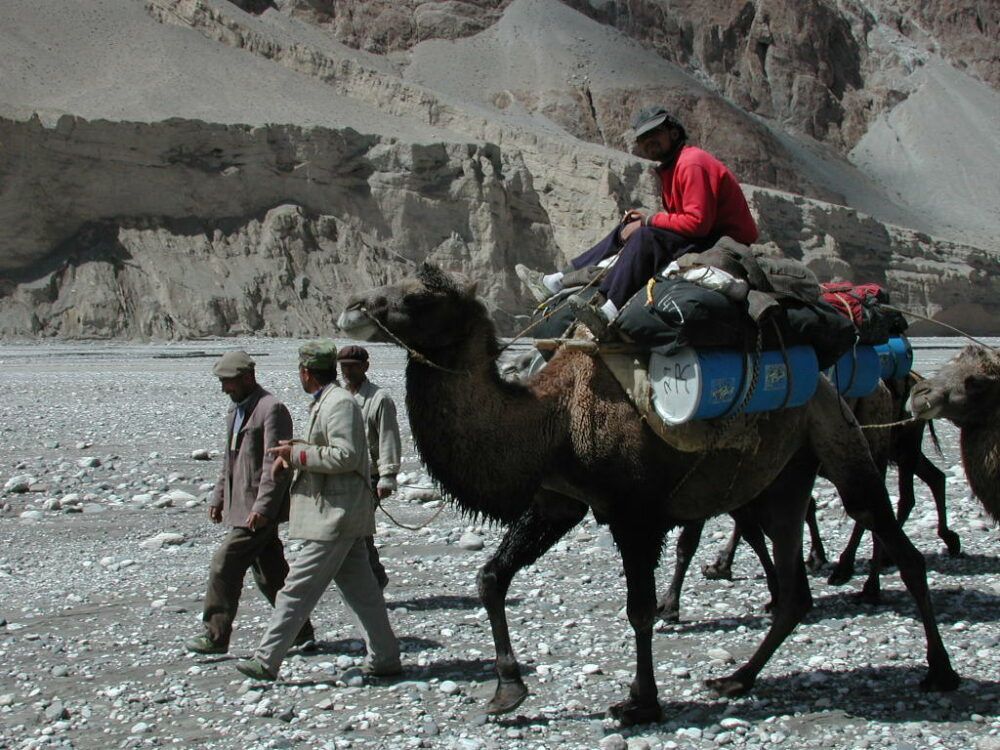GENEVA (AN) — China's government defended itself against reports of serious human rights offenses, flatly rejecting the concerns of United Nations experts that at least 1 million ethnic Uyghurs are being detained, re-educated and indoctrinated in the remote Xinjiang Province.
Foreign Ministry spokesman Lu Kang blamed the allegations that aired during an August session of the Geneva-based U.N. Committee on the Elimination of Racial Discrimination, or CERD, on a smear campaign of "anti-China forces" and foreign media taking political aim at China's standing.









